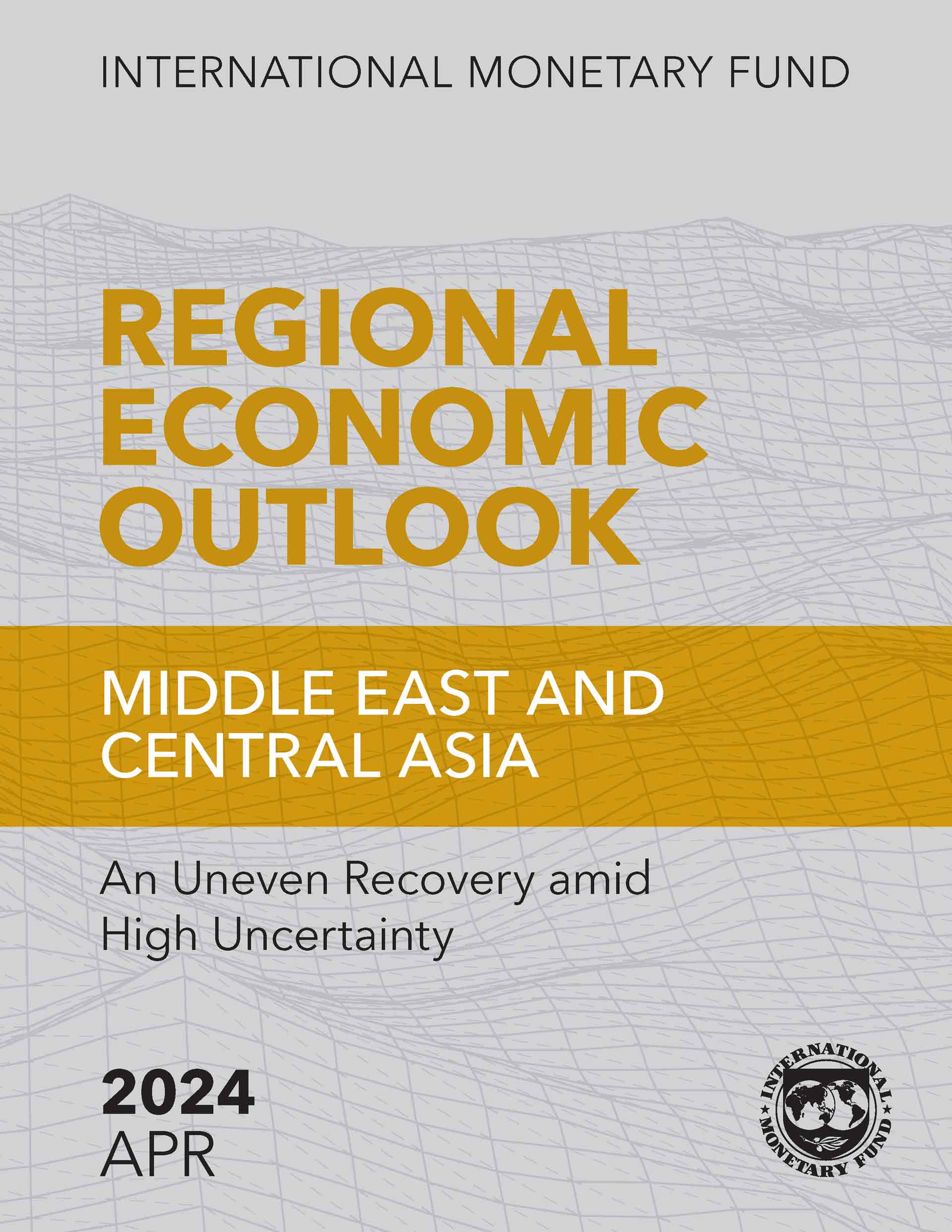This web page provides information on the activities of our office, views of IMF staff, and the relations between West Bank and Gaza and the IMF. Our latest report is available here.
West Bank and Gaza: At a Glance
The IMF established an office of the IMF Resident Representative for West Bank and Gaza in July 1995, to help fulfill the IMF’s mandate to assist the Palestinian Authority as specified under the Oslo Accords. West Bank and Gaza is not a member country of the IMF, and the IMF can therefore not lend to West Bank and Gaza. The IMF does provide technical services to West Bank and Gaza, including: (i) policy advice in the macroeconomic, fiscal, and financial areas; as well as (ii) technical assistance, with a focus on tax administration, public financial management, banking supervision and regulation, and statistics. As a member of the Ad Hoc Liaison Committee (AHLC, established in 1993 following the signing of the first Oslo Accord to coordinate the delivery of international development assistance to the Palestinian Authority), the IMF—alongside UNSCO, the World Bank and the Quartet—also publishes regular reports as an input to the usually biannual AHLC meetings.
Office Activities
-
IMF Statement on Israel and Gaza
October 12, 2023
-
West Bank and Gaza Select Issues
September 13, 2023
-
West Bank and Gaza Report to the Ad Hoc Liaison Committee
September 13, 2023
-
IMF Staff Concludes Visit to West Bank and Gaza
Amid a deteriorating security, political, and social environment, the growth momentum is abating while inflation is projected to ease. Persistently high unemployment and poverty add to macroeconomic fragilities.
August 22, 2023
-
April 25, 2023
Regional Economic Outlook
April 18, 2024

An Uneven Recovery amid High Uncertainty
The Middle East and North Africa and the Caucasus and Central Asia regions are positively impacted by the resilience of the global economy. Lower global commodity prices and vigilant policy responses have helped ease inflation in most countries. However, uncertainty and risks have risen amid ongoing conflicts, shipping disruptions, and reduced oil production. This is leading to an uneven recovery across the Middle East and Central Asia, with growth rates varying this year. Policymakers need to ensure economic stability and debt sustainability while navigating geopolitical risks and improving medium-term growth prospects. Amid high uncertainty, it is essential that countries implement reforms to enhance their fundamentals, including by strengthening institutions. Additionally, countries can seize potential economic opportunities amid shifting trade patterns by reducing long-standing trade barriers, diversifying products and markets, and improving infrastructure.
Read the Report



